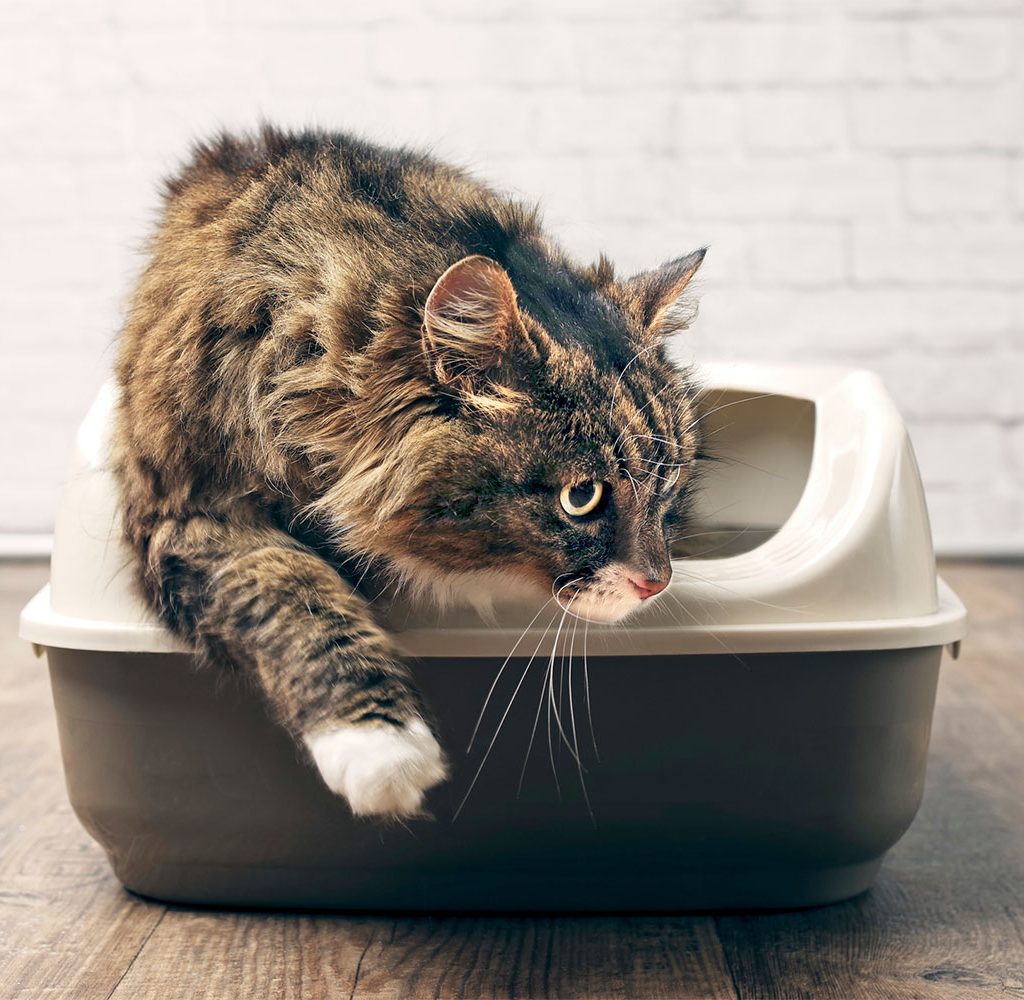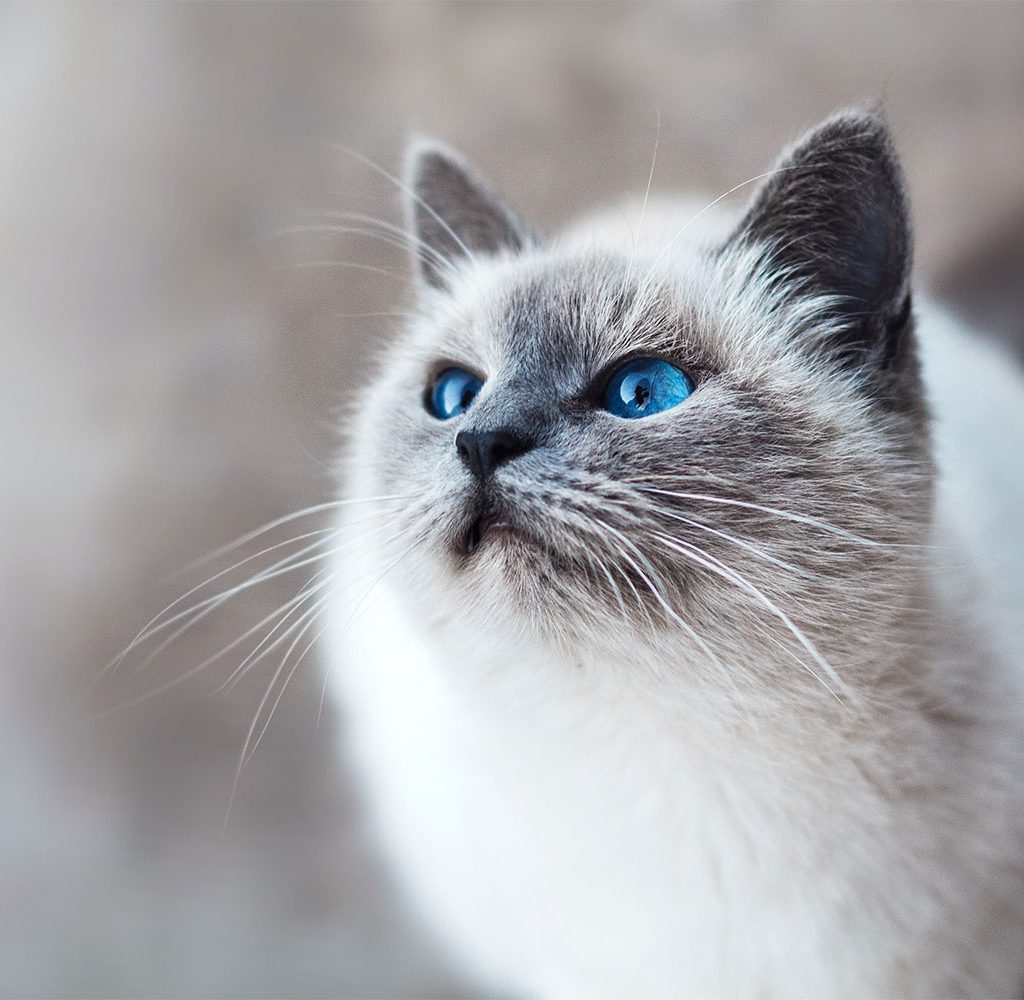One of the most common questions that newbie cat parents have is how much litter to use when cleaning your fuzzball’s box. If you use too much, prepare to clean all the sand and poop ejected by your cats as they cover up their mess. But brace yourself if you use too little. Before you know it, the smell of cat urine will take over your home. The stench will repel him from even the most aptly positioned litter box. Then your pet will find a new toilet somewhere else, like your bed or laundry basket.
Avoid such fate by learning how much litter should be in a litter box to make your cat happy.

Cleaning your cat’s litter
The best way to make sure your cat uses the litter box is to keep it clean on a regular basis. There are a set of daily tasks and some other weekly cleaning chores needed to make the litter box more inviting to your pet and prevent foul smells from traveling around your house.
Daily cleaning should include:
- Scooping out solid waste and sand lumps.
- Disposing of the droppings in a bag.
- Washing the scoop.
- Cleaning the exterior of the litter box.
Once a week, you should perform the following:
- Empty the litter box and throw away the used litter.
- Clean the inside with soap and water.
- Avoid using chemicals with harsh smells or perfumes.
- Use a plastic liner to make the next cleanup easier.
- Fill the box with clean litter.
Signs that you are using too much litter
Don’t be fooled by the idea that more is better when it comes to litter. There are plenty of reasons why your cat dislikes too much sand under their paws. Look out for the following:
- Your cat slides and shuffles before settling to use the box.
When using the box, your cat only goes in halfway.
Your cat digs intensely to hide the waste and spills in the process.
You are putting off cleaning your litter often by using more each time.
What can happen when you use too little litter
Not enough litter in your cat’s box creates big problems, too. One of the most important ones to avoid is litter box aversion, where your feline friend avoids using the box. This triggers unwanted behavioral issues that are easy to avoid altogether by creating a clean environment in their litter.
Another significant nuisance that comes with too little litter is the quick presence of concentrated waste odors. Urine is absorbed by the litter, and when you don’t use enough, the excess sits at the bottom of the box. This makes it uninviting to your pet and can force your cat to find a new spot.
Cats love to have enough sand to dig a hole, release, and then cover. If they don’t feel they have enough litter, they might find another place to go about their business. Make it easy on them by having the perfect amount every time.

What is the right amount of litter?
As with everything, it depends on your cat’s unique behaviors. A good rule of thumb is to spread a 4-inch layer of litter in the box. This needs to be adjusted depending on the size of your box, the number of cats in the household, and any mobility issues your pets might have.
When you are bringing a new cat into your life, it’s always good to pay close attention to their behavior around the litter box. This will allow you to adjust as needed and find that perfect spot.
What type of litter is the best?
The answer to that question depends on who you are asking. If you ask your cat, the answer is odor-free and made with small litter particles. Cats love their own smell, and perfumes are sometimes too intense for their senses. Cats were originally desert-dwelling animals that preferred fine sand under their feet over pellets or crystals.
For cat owners, odor absorption, clumping, and low tracking are at the top of the list. Look for litter that has fast clumping for easy cleanup and is low-dust to prevent respiratory problems in your cat and yourself.
As you gain experience as a cat owner and get to know your furry friend’s needs, changing the litter becomes second nature. You will quickly figure out the perfect amount needed, how often you need to dispose of used cat litter, and your cat’s favorite type and brand. This means more time for cuddles and purrs.
Want to find out why your cat is lying in the litter box? Check out our guide.


